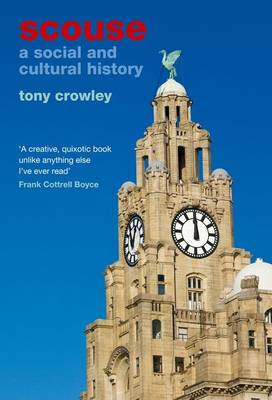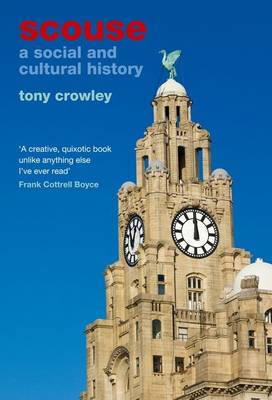
- Afhalen na 1 uur in een winkel met voorraad
- Gratis thuislevering in België vanaf € 30
- Ruim aanbod met 7 miljoen producten
- Afhalen na 1 uur in een winkel met voorraad
- Gratis thuislevering in België vanaf € 30
- Ruim aanbod met 7 miljoen producten
Zoeken
Omschrijving
Nowhere in Britain is more closely associated with a form of language than Liverpool. Yet the history of language in Liverpool has been obscured by misrepresentation and myth-making and narratives of Liverpool's linguistic past have scarcely done justice to the rich, complex and fascinating history which produced it. Scouse: A Social and Cultural History presents a ground-breaking and iconoclastic account which challenges many of the forms of received wisdom about language in Liverpool and presents an alternative version of the currently accepted history. Ranging from the mid eighteenth century to the present, the book explores evidence from a host of different sources including the first histories of Liverpool, a rare slaving drama set in the port, a poor house report which records the first use of 'Scouse' (the dish), nineteenth century debates on Gladstone's speech, the 'lost' literature of the city, early to mid twentieth century newspaper accounts of Liverpudlian words, idioms and traditions, little-known essays which coined the use of 'Scouse' to refer to the language of Liverpool, aspects of popular culture in the 1950s and 60s, the Lern Yerself Scouse series, and examples drawn from contemporary literature. In addition the analysis draws on recent developments within the fields of sociolinguistics and linguistic anthropology - particularly with regard to the study of language and identity and the relationship between language and a sense of place - in order to provide a radically new understanding of 'Scouse' in terms of its history, its representation, and its contemporary social and cultural significance.
Specificaties
Betrokkenen
- Auteur(s):
- Uitgeverij:
Inhoud
- Aantal bladzijden:
- 190
- Taal:
- Engels
Eigenschappen
- Productcode (EAN):
- 9781846318405
- Verschijningsdatum:
- 18/09/2012
- Uitvoering:
- Paperback
- Formaat:
- Trade paperback (VS)
- Afmetingen:
- 152 mm x 231 mm
- Gewicht:
- 362 g

Alleen bij Standaard Boekhandel
+ 47 punten op je klantenkaart van Standaard Boekhandel
Beoordelingen
We publiceren alleen reviews die voldoen aan de voorwaarden voor reviews. Bekijk onze voorwaarden voor reviews.











